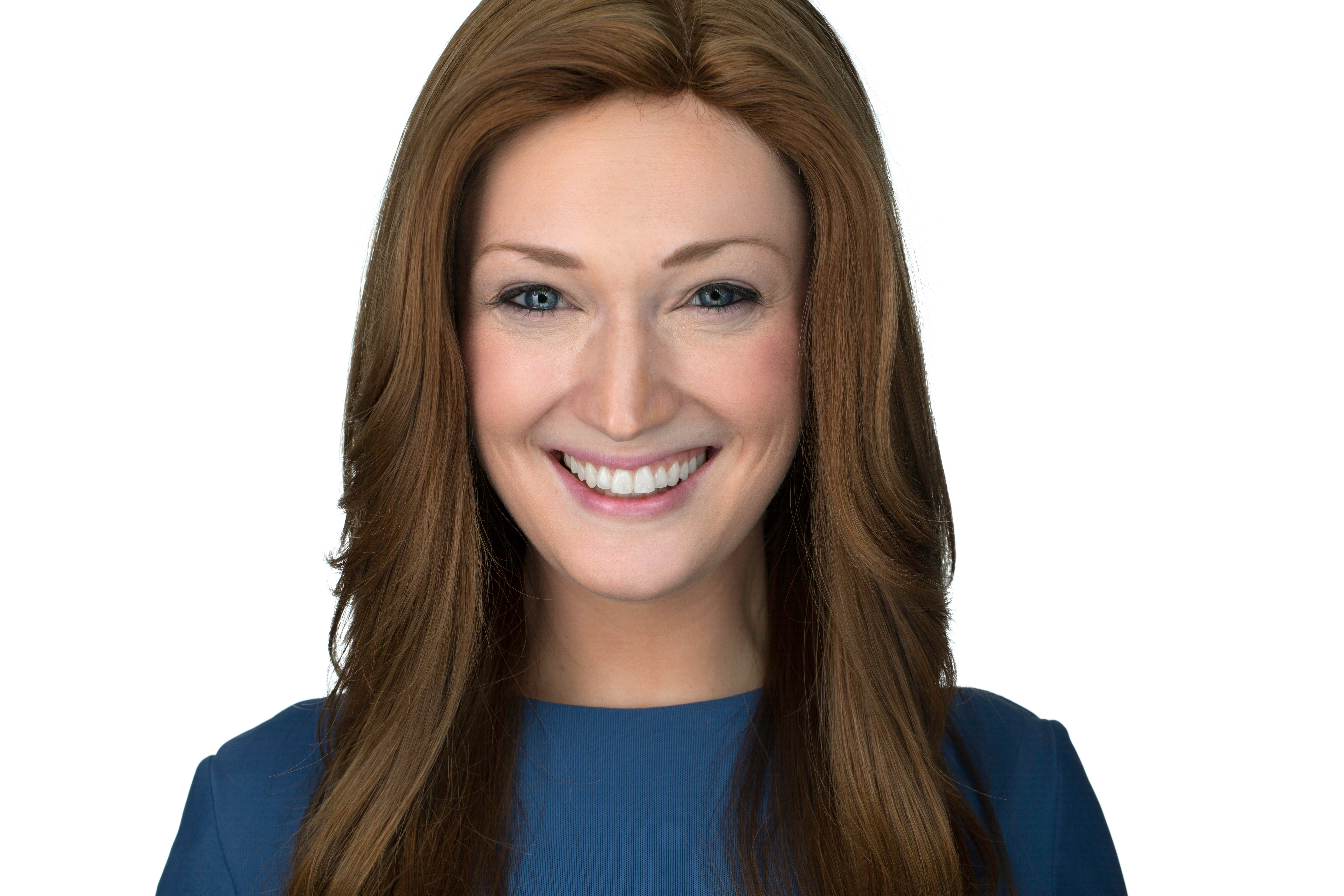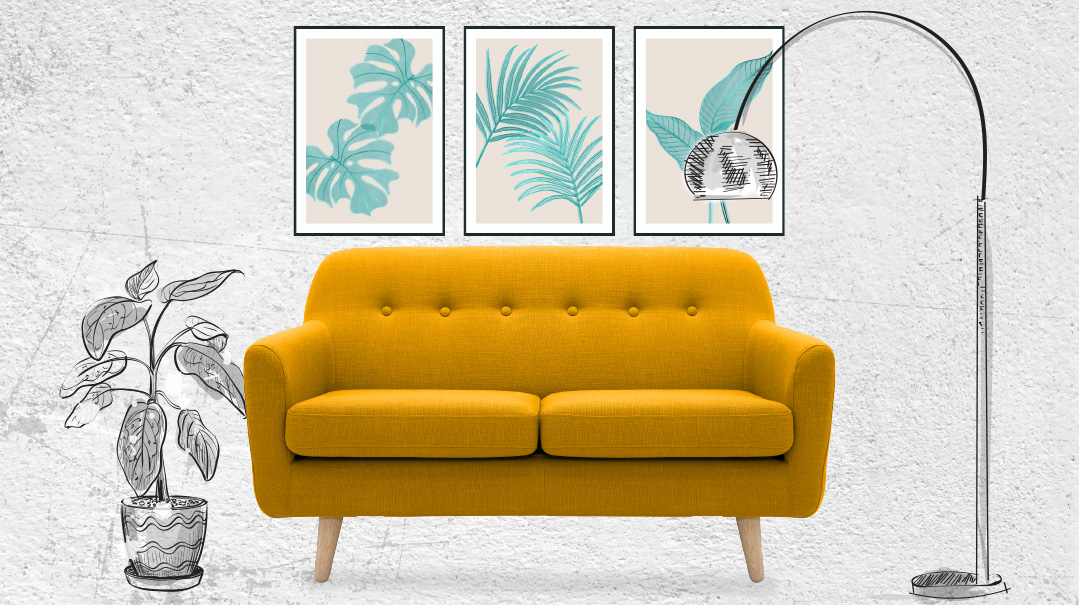Do I Need Good Math Skills for Interior Design?

“Don’t let math get in your way if everything else matches up”

HI, I’m 23 years old and have a master’s degree in special education, but I’m dreaming of shifting gears and taking a course in interior design. I’m wondering if that would be a smart move, though. For one, while I have a strong appreciation for design, interior design in particular, how do I know this is something I would really be interested in or good at? I’m also hesitating because I’m not great at math.
You wouldn’t believe how many times I’ve been asked variations of this question — which leads me to wonder if a few of these factors play a role:
Too many people got special ed degrees without thinking about whether or not it’s really a good career choice for them. (I’m guilty as charged!)
There’s a trend in which people are recognizing that careers in creative fields are actually viable, which is good news.
Social media and current marketing have brought out the inner designer in many, considering design is such a visually appealing field.
Our community is more affluent than previous generations, and using a designer is more common than it was a decade or two ago.
Maybe it’s these factors at play and maybe it’s something else entirely, but it’s definitely a trend. What concerns me most, though, is the fact that you’ve recently finished investing in an entirely different field. Was design your dream all along, and you simply pursued your degree in special education because of externally imposed pressure? That’s a tough realization to face, but at least you’re at a point where you know it’s time to do what’s really a good fit for you.
Or, I wonder, was this new dream inspired by the lack of fulfillment in your field of study? In that case, you’d do best to consider a variety of options before making a new learning commitment. Instead of wondering if you have the talent to be an interior designer, I’d suggest stepping away from a specific field, and creating an inventory of your best skills. Then, working from an open and unbiased perspective, you can figure out what career these can best be used in.
One of the best ways to determine what your natural skills are, and whether you possess the innate ability that would make interior design a good fit, is by taking an aptitude test (a real one — not a multiple-choice test that changes with your mood).
What skills does a typical designer have? In my experience, I’ve found that excellent designers are usually very analytical, possess strong design memory, are often introverted, and have a good eye for detail. Having a strong appreciation for beautiful spaces and an artistic knack is important too. Of course, there are designers who don’t fit this description who succeed, and those who do fit this description who still have no interest in the field.
Just as important as the question of ability, though, is your question of whether or not you’ll actually enjoy the work. Even if you’ve evaluated your skills and found that they are indeed a good fit, I suggest speaking to at least three designers before you make a final decision. Find out what a day in the life is really like, or even better — ask to visit them at work. Your natural emotional reaction to what you’ll see and hear can be the most powerful indicator.
As for the math question, I posed it to Chana Binder, an extremely talented designer and founder of a New York boutique design firm, Binder Design Group.
Her response? “Baruch Hashem for calculators. All you need are basic math skills, such as basic geometry, like how to figure out square footage. There are some other things like stair calculations, but if you know basic math, it’s not difficult.”
I’d take Chana’s word for it, so don’t let math get in your way if everything else matches up.
Once you’ve done your homework, if you decide that you are ready to sign up for serious schooling, here’s one last suggestion: First try a short, simple, affordable course on the topic. You can find design courses on Udemy.com or similar platforms, and you’ll get a taste of what actual training and real work is like.
What’s important is that you’re making an active choice to design (pun intended) a career that works for you and your life, and that is simply a beautiful thing to do.
What are your career goals? Is it having a flexible schedule — is that why you chose education? Are financial goals part of this decision? Have you researched what you can earn as a designer?
Determine your skills.
Determine your career goals: Is schedule important to you? Is earning potential what you’re after? Or are you looking for an outlet?
Sweeping societal conjectures aside, let’s figure out if this is right for you. I’ll admit that I may be responding to this question from more of a personal perspective, as a casualty of a generation that promoted degrees at all costs. Personally, I treasure my degree in education, since it was the best, albeit priciest, parenting class I could have taken — but my parenting career still hasn’t paid the bills.
Will design be something that you enjoy, but not necessarily a career investment? No problem, as long as you’re clear about your goals.
Shaina Keren is a career consultant who helps people discover and create careers that fit their best talents, interests, and life goals. She also advises businesses on hiring and keeping “the right people in the right seat,” in a win-win approach to growing businesses and careers.
(Originally featured in Mishpacha, Issue 916)
Oops! We could not locate your form.







